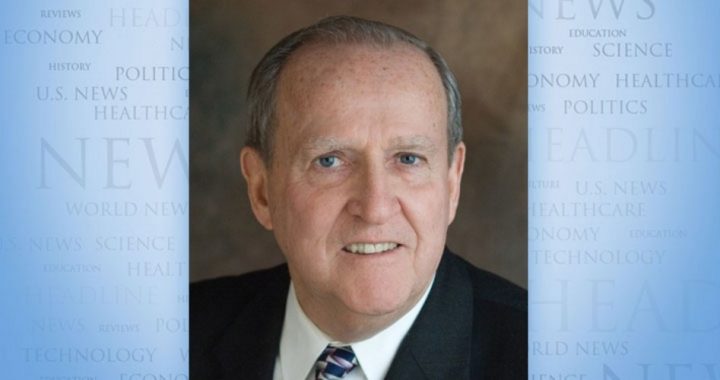
Economics has been labeled “the dismal science.” But there’s nothing dismal about it. This is especially true if one cares to know how he’s being played for a sap, robbed through processes based on a huge lie, and steered into confusion while his country is being set up for abandoning its past and welcoming its destruction.
What follows is far from a complete analysis of economics. But we shall try in a few words to provide some basic economic truths.
What makes people act? The answer is very simple: Profit generates activity. It may be activity that helps one to accumulate wealth (making and selling something). Frequently, as many have learned, the profit sought is publicity for oneself. It may be activity that makes one feel good (various forms of charity). Frequently, there is spiritual profit to be gained from prayer, almsgiving, etc. If there’s no profit to be gained, people don’t act.
Economic discussions have to include awareness about money. Honest money, “commodity money,” such as gold or silver, is something that has value unto itself. But rather than trading the commodity it, receipts for the value of the commodity can be created and exchanged instead. This type of money is called “fiduciary” money, and its name is based on the Latin word fiducia, meaning trust. The third type of money carries the label fiat, another Latin word that means a mandate from on high. Fiat money has no intrinsic value. It’s similar to the money used in the game Monopoly. But if a government mandates that it be used, fiat money becomes common until its worthlessness becomes widely known.
Gold and silver are the best commodities to use as money. Over many centuries, such commodities as seashells, tobacco, cattle and salt have been used as money. But each of those commodities had problems that resulted in their being cast aside as money. Gold and silver were found useful as money. Both are mentioned as money in the Bible.
In our country, we had gold-backed and silver-backed commodity money that gave rise to honest fiduciary money. The paper bills even stated on them that they could be exchanged for precious metals. But no more! We now have money that has no precious metal backing, and its value continues to shrink. One doesn’t have be a PhD economist to know that the cost of a basket of groceries continues to rise. If a ten-dollar bill could purchase that basket of groceries in the 1940s, why does it cost over $100 dollars today? The answer is inflation.
Politicians and the mass media want everyone to believe that inflation is the condition of rising prices. They want all of us to blame the grocer, the gas station, or the landlord for wanting more dollars for goods and services. But inflation isn’t rising prices; it’s an increase in the quantity of money. Who increases the quantity of dollars? The government and its partner in crime — the Federal Reserve.
In fact, if the quantity of any substance is increased, its value will decrease. Consider: Someone discovers an island whose beaches are filled with diamonds instead of sand. He begins to sell the diamonds and he pays for everything he wants with diamonds. Pretty soon, the locale where he lives becomes awash in diamonds. What happens to their value? It decreases.
One hundred years ago, Congress created the Federal Reserve and gave it unconstitutional authorization to produce an ever-increasing number of dollars. The result is a flood of dollars and the corresponding lessening of their value. In Germany after World War I, one dollar was equal to 189 Reichmarks, a figure that rose to over 4 trillion Reichmarks in three years. The desperate German people chose Adolf Hitler to be their leader and lived to regret that choice. In more recent times, Zimbabwe and Venezuela have seen catastrophic inflation, and it resulted in empty stores, loss of commerce, and desperation.
Economics is not a dismal science. Honest economics must be understood. But even the few basics presented here are not being taught in the schools or noted in the mass media. We will lose our country if this continues. Americans should be urged to demand truth, not falsehood, so we can continue living in a free and prosperous country.
John F. McManus is president emeritus of The John Birch Society.



